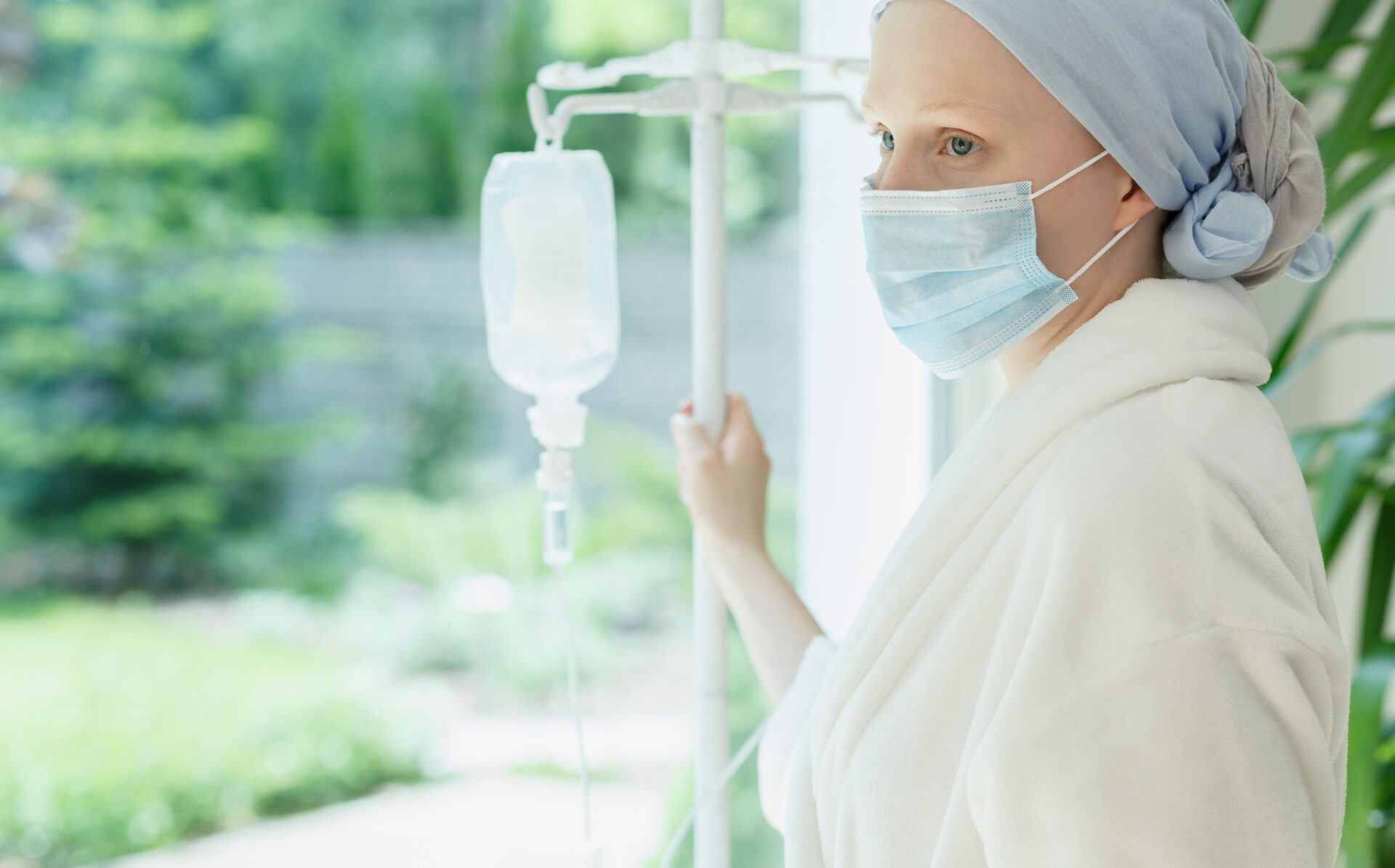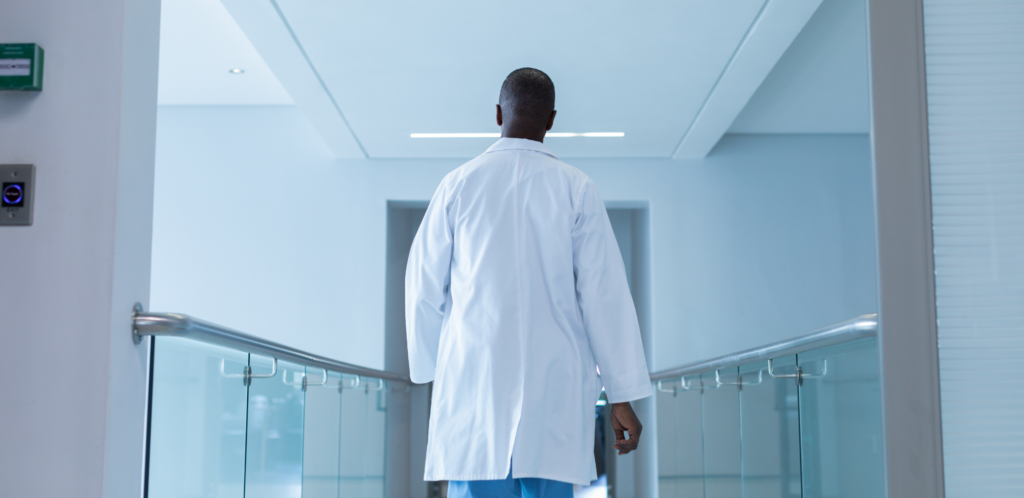In our COVID-19 world, there are serious health issues intensifying even beyond the virus. For patients with underlying conditions, including cancer, a potentially grim reality exists.
Medical experts validate how much more challenging it could get by saying that deferred care could become the “next public health crisis.” Nearly 17 million people in the U.S. are living with cancer and the virus surge has been especially harsh for those in need of treatments, procedures and related surgeries. For so many patients, a bad outcome could end up being the result of anxiety and fear negatively influencing the need to go to the hospital.
The COVID-19 pandemic has caused the National Cancer Institute (NCI) to concur with the “next public health crisis” theory. The NCI predicts that tens of thousands of excess cancer deaths will occur over the next decade as a result of missed screenings, delays in diagnosis and reductions in oncology care. “Ignoring life-threatening non–COVID-19 conditions such as cancer for too long may turn one public health crisis into many others,” says Norman E. Sharpless, director of the U.S. National Cancer Institute in Science magazine.
Delays could result in cancer diagnoses shifting stage levels. This could amount to a more difficult hypothetical outcome for the patient. A recent Time magazine article states studies of cancer patients who become infected with COVID-19 suggest that their death rate is higher—ranging from 13% to 28%—than those without cancer (although as more data becomes available those numbers will likely change). Falling ill with an infectious disease that taxes the immune system is a cancer patient’s worst nightmare. More difficulties can arise with chemotherapy or radiation treatments, which weaken a patient’s natural defenses.
Another concern and subset of COVID-19 comes from the cancer clinical research community, which is determining exactly how to continue access to experimental but potentially lifesaving therapies while also keeping immunocompromised patients safe, according to Cancer Discovery, an American Association for Cancer Research (AACR) journal.
“Ignoring life-threatening non–COVID-19 conditions such as cancer for too long may turn one public health crisis into many others.”
Dealing With It
In recent conversations with providers, we ask what it’s like to be in the trenches during these challenging times. The desire to help worried patients while ensuring that critical risk protocols are in place is the common thread. Due to the uncertainty associated with this pandemic, the ASCO Post reports that even the most seasoned oncologists are learning how to approach COVID-19 in real time. Plenty of patient questions require answers, including:
- Does the treatment I am taking put me at risk for complications from COVID-19?
- Should I delay my surgery?
- How is the pandemic going to affect the quality of my care?
This life-altering byproduct issue of COVID-19 is impacting patients and the medical community hard. Fear of infection, missing treatment appointments and delaying much-needed radiation or chemotherapy, are among the problematic trigger points. Cancer patients have battles to fight, but then when you add COVID-19 into the mix, it becomes so much more dire and complicated.
And what about those people with potential cancer symptoms who have not been diagnosed yet? As reported, that is a factor complicating the matter — and only data on cancer rates in the coming months and years will provide the answers. Specialists advise that two challenges will happen simultaneously: The number of new cancer cases and the level of severity of those cases will increase as a result of the pandemic.
Despite enhanced COVID-19 safety measures for radiation oncology clinics, the American Society for Radiation Oncology (ASTRO) reports that patient volume has declined substantially at most radiation therapy clinics. On average, physicians said they were seeing two-thirds of their typical number of patients, according to an ASTRO survey conducted on COVID-19’s Impact on Radiation Oncology. Decreases are based on delayed/deferred treatment (82%), but also fewer patient referrals for radiation therapy (81%) by other physicians.

Getting Out The Message
This growing “silent sub-epidemic” of patients postponing important care during the COVID-19 crisis has prompted initiatives from within the medical community. The “Better Together Health” campaign with radio and TV commercials uses tag lines such as “Life may be on pause. Your health isn’t,” and “Get care when you need it.” These messages are part of a patient outreach program conducted through targeted advertising, reports Radiology Business. Another initiative by an alliance of industry-leading healthcare partners is a Public Service Announcement (PSA) called “Stop Medical Distancing.” The point is to show the differences between “medical distancing” and “social distancing” with a goal to help Americans have a better understanding of the risks of not seeing your doctors when you have symptoms that would call for a visit to a physician’s office or a hospital. The messaging also underscores that protocols are in place to limit the spread of the virus.
Making A Difference
“Cancer patients are caught in the middle of two terrifying diseases,” reports Time magazine. Our hospital clients and providers see patients with a litany of medical issues, all of which require attention. For cancer patients, COVID-19 and its related risks pose a new level of alert. To those we serve who are immunocompromised, we are all in a unique position to provide what’s needed now: sound medical treatment, support and education.
Our oncologists and other providers are available to fill locums jobs for facilities with staffing gaps as needed. This means when surges in care are required and when patient confidence sees a boost that calls for adding more qualified personnel for coverage — Hayes Locums is ready to help.





